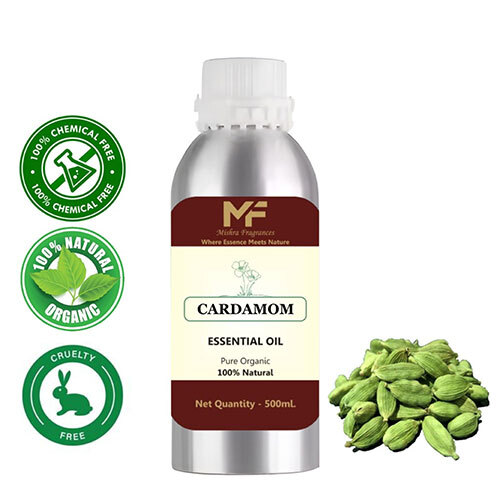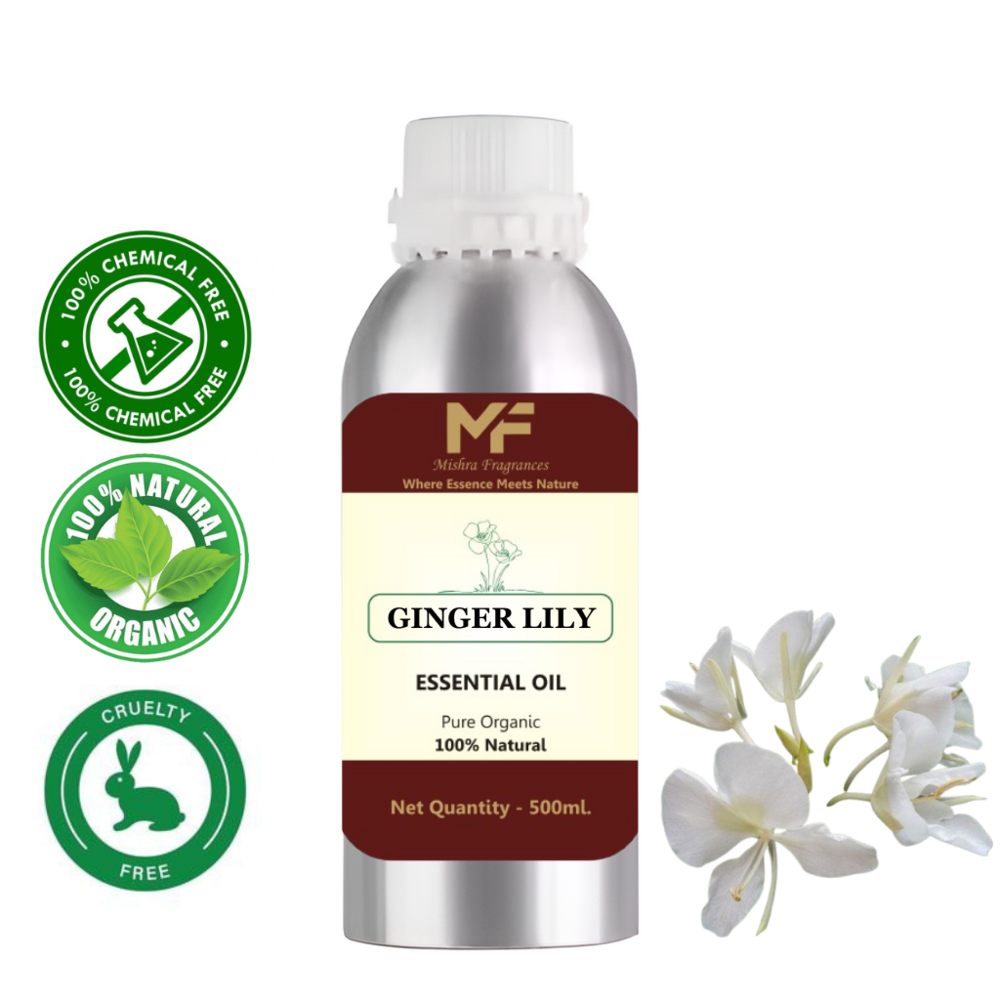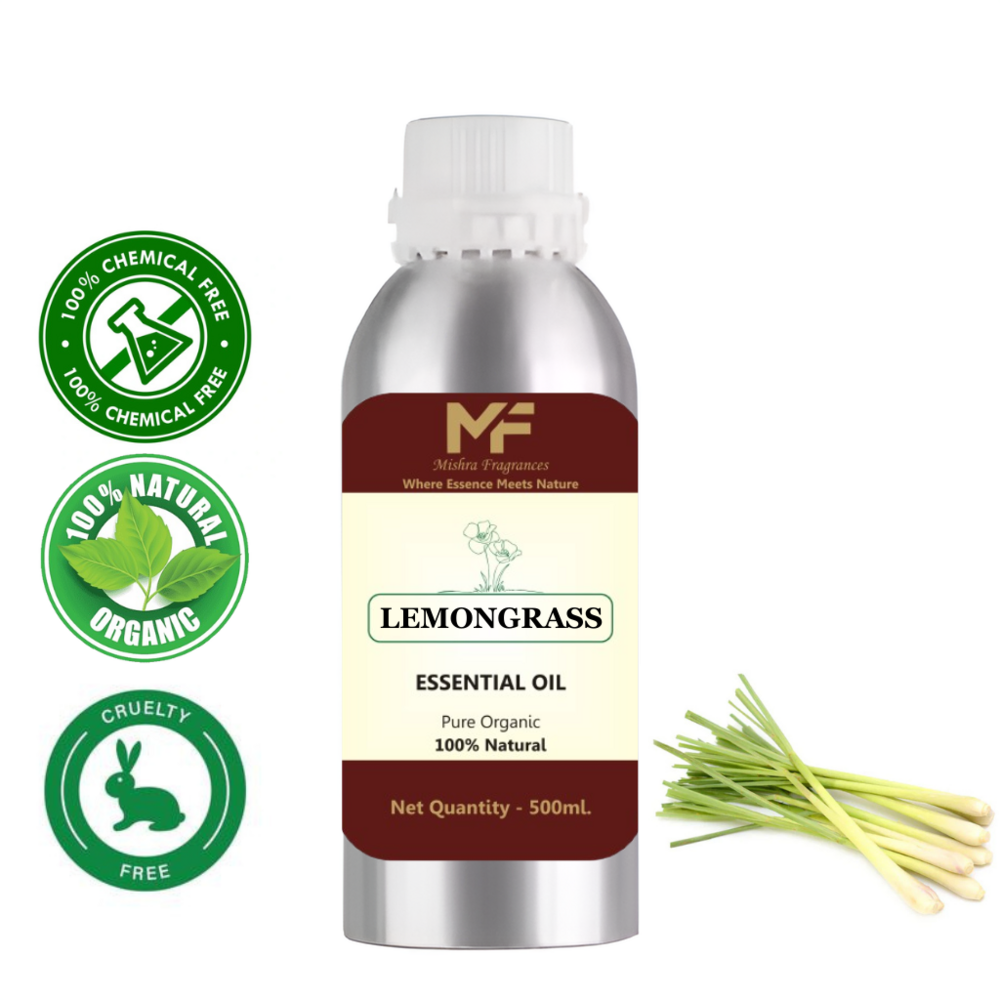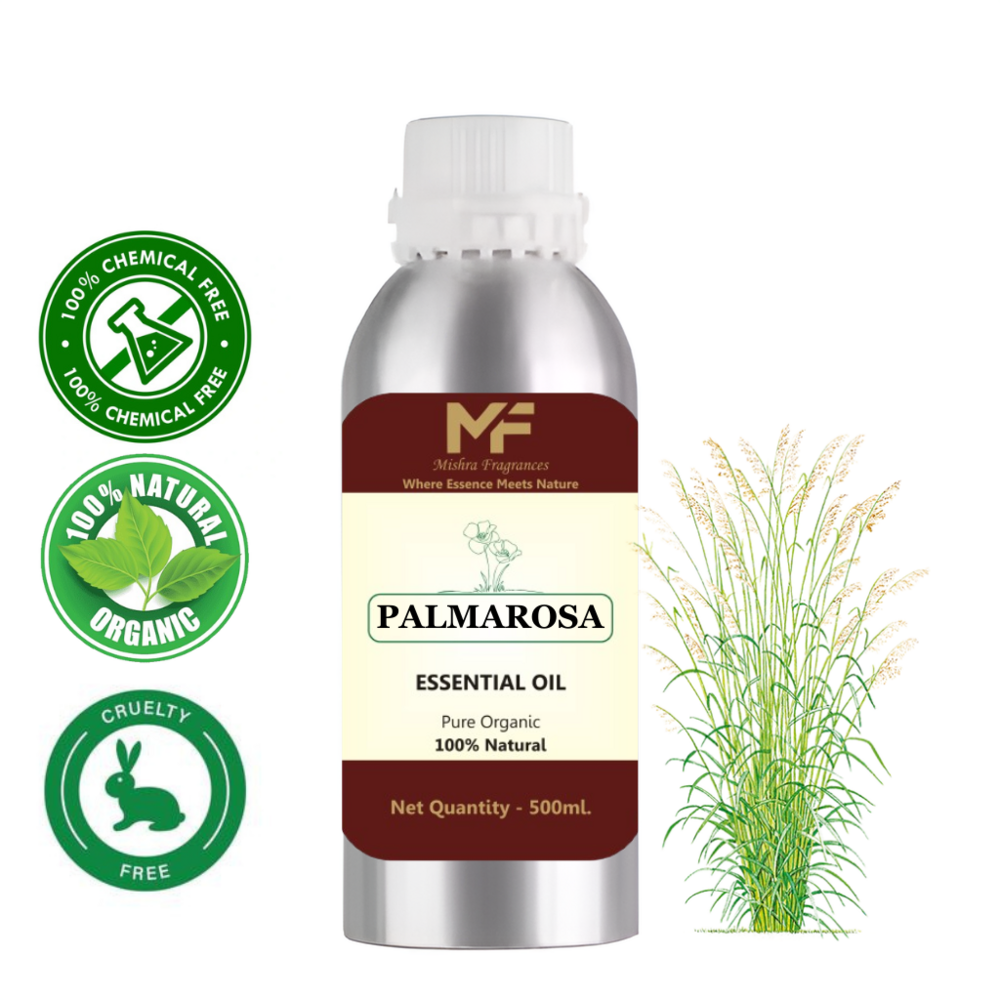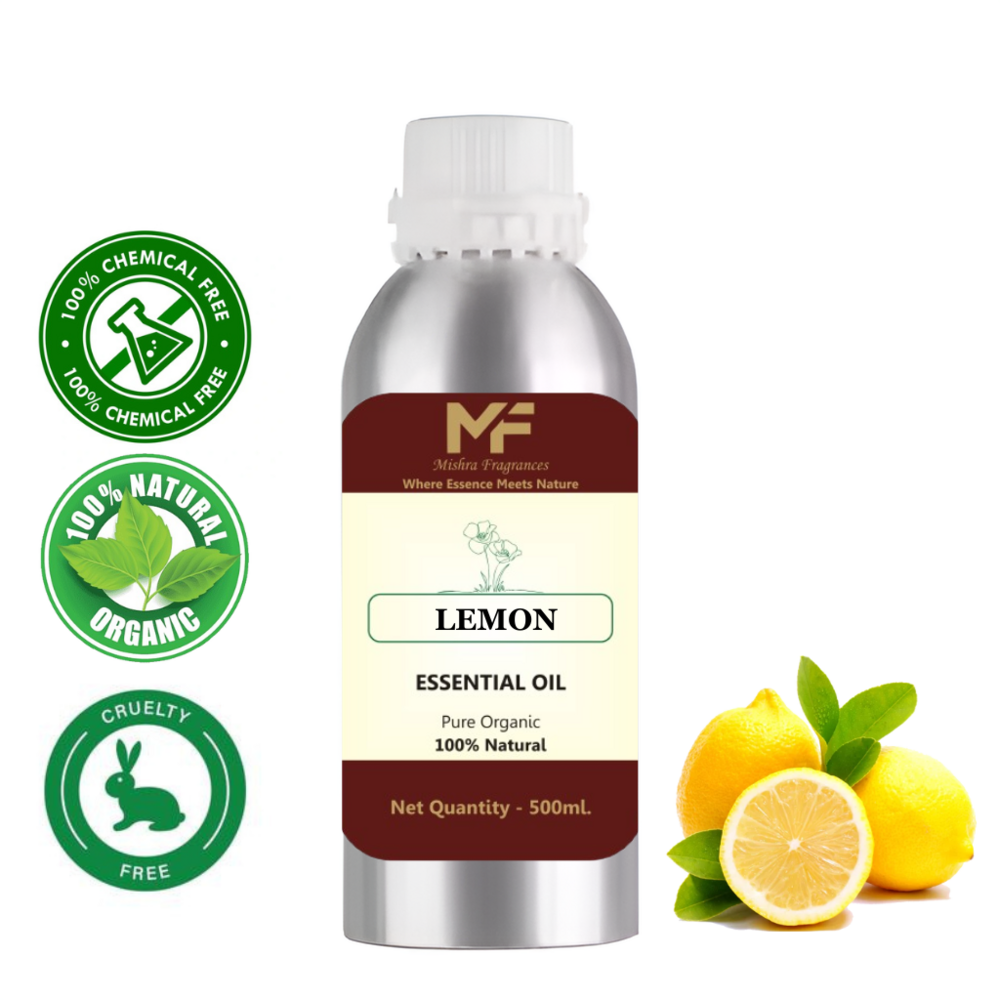Pure Cardamom Essential Oil
Product Details:
- Purity High
- Storage Dry Place
- Raw Material Leaves
- Product Type Pure Cardamom Essential Oil
- Feature Fragrance Compound
- Shelf Life 1 Years
- Storage Instructions Cool & Dry Place
- Click to View more
Pure Cardamom Essential Oil Price And Quantity
- 30000 INR/Kilograms
- 1 Kilograms
Pure Cardamom Essential Oil Product Specifications
- 1 Years
- Fragrance Compound
- High
- Pure Cardamom Essential Oil
- Cool & Dry Place
- Dry Place
- Leaves
Pure Cardamom Essential Oil Trade Information
- 1000 Kilograms Per Month
- 7 Days
Product Description
- Botanical Name: Elettaria cardamomum
- Extraction Method: Steam distillation of the seeds
- Origin: India
- Aroma: Sweet, spicy, warm, and slightly floral
Uses:
- Aromatherapy: Uplifting, invigorating, and helps clear the mind; promotes mental clarity and focus
- Digestive Support: Eases indigestion, bloating, and nausea; supports overall digestive health
- Respiratory Support: Relieves congestion, promotes easier breathing, and supports lung health
- Emotional Support: Reduces stress, anxiety, and emotional fatigue, promoting feelings of warmth and comfort
- Blends Well With: Cinnamon, clove, ginger, lavender, and bergamot.
Key Features:
- Aroma: Warm, spicy, sweet, and slightly woody.
- Color: Pale yellow to clear.
- Consistency: Thin and light.
- Main Components: Terpinyl acetate, cineole, limonene, and linalool.
- Botanical Family: Zingiberaceae.
Benefits:
- Mind: Enhances mental clarity, reduces stress, and boosts mood.
- Body: Supports digestion, promotes respiratory health, and alleviates nausea.
- Skin: Offers antibacterial and antioxidant properties that can benefit skin health.
- General Use: Frequently used in aromatherapy and natural remedies for its grounding and energizing effects.
Frequently Asked Questions (F&Qs)
Q1: What are the primary uses of cardamom essential oil?
A: Cardamom essential oil is commonly used for digestive support, improving focus, respiratory relief, mood enhancement, and as a natural remedy for nausea.
Q2: Can cardamom essential oil be ingested?
A: Cardamom essential oil can be ingested if it is of food-grade quality and used in very small amounts. Always consult a healthcare professional before internal use.
Q3: How should I use cardamom oil for digestion?
A: Mix a drop with a carrier oil and massage onto the abdomen, or add a drop to a cup of warm tea for digestive support (only if the oil is labeled safe for ingestion).
Q4: Is cardamom essential oil safe for children?
A: Cardamom oil should be used cautiously around children. Dilution is necessary, and it is best to consult with a pediatrician or aromatherapist for specific guidelines.
Q5: Can I apply cardamom essential oil directly to my skin?
A: No, it is recommended to dilute cardamom essential oil with a carrier oil before topical application to avoid potential skin irritation.
Q6: Does cardamom essential oil interact well with other oils?
A: Yes, cardamom blends well with citrus oils (e.g., orange, lemon), floral oils (e.g., lavender, ylang-ylang), and other spices (e.g., cinnamon, clove).
Q7: Are there any precautions when using cardamom essential oil?
A: Avoid using undiluted oil on the skin and do not ingest large amounts. Pregnant or breastfeeding women, and individuals with sensitive skin, should consult a healthcare provider before use.
Q8: How should I store cardamom essential oil?
A: Store it in a cool, dark place in a tightly sealed glass bottle to maintain its potency and prevent oxidation."

Price:
- 50
- 100
- 200
- 250
- 500
- 1000+
